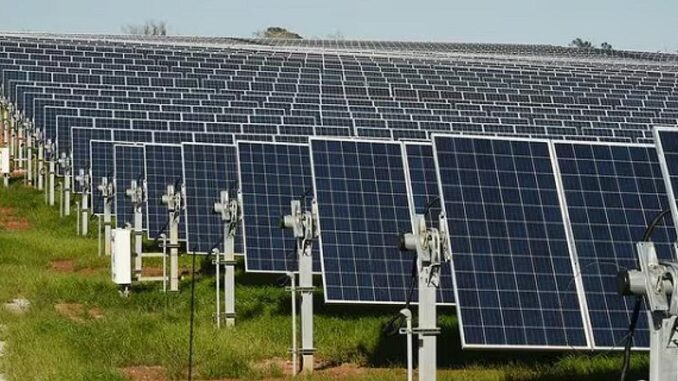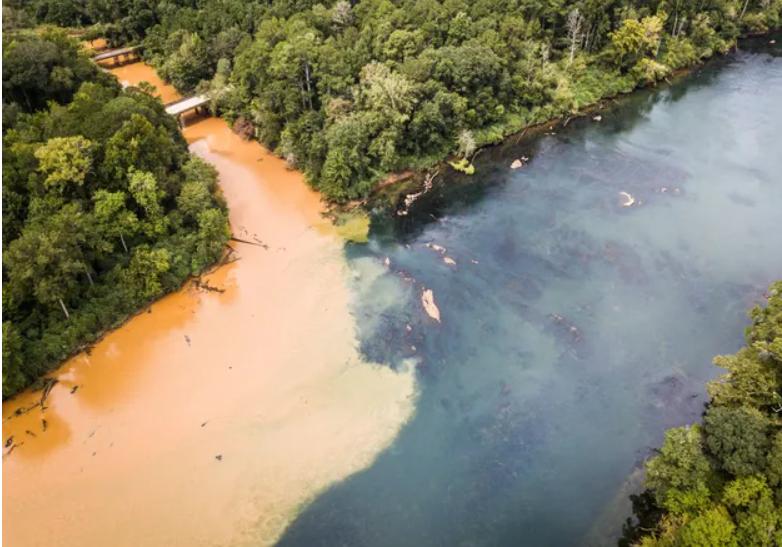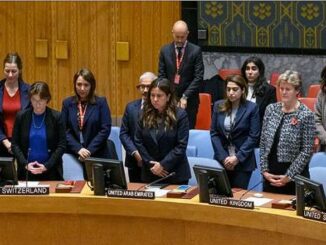
SAN FRANCISCO, California, January 17, 2024 (ENS) – Swinerton Builders, a California-based builder of utility-scale solar farms nationwide, has agreed to pay a hefty $2.3 million penalty to settle allegations that through inadequate management of stormwater the company violated the federal Clean Water Act and related state laws during the construction of solar farms in Alabama, Idaho, and Illinois.
A complaint filed with the settlement alleges that during its construction of solar farms near American Falls, Idaho; Lafayette, Alabama; and in Perry and White Counties, Illinois, Swinerton failed to use proper stormwater controls, did not conduct regular site inspections by qualified personnel, and did not accurately report and address stormwater issues.
At the Alabama and Idaho sites, Swinerton’s actions led to unauthorized discharges of large volumes of sediment-laden stormwater into nearby waterways.
“Illegal stormwater discharges from construction projects can contaminate municipal drinking water systems and harm aquatic life, which is why EPA, the Justice Department, and our state partners worked together to hold Swinerton Builders accountable for the company’s violations of the Clean Water Act,” said Assistant Administrator David Uhlmann of the U.S. EPA’s Office of Enforcement and Compliance Assurance.
“Solar farms are vital to slowing the effects of climate change, but companies building solar farms must comply with environmental protection requirements just as companies must do for any other construction project,” Uhlmann said.

Solar farm construction involves clearing and grading large sections of land, causing major erosion and runoff of sediment into waterways if stormwater controls at the construction site are inadequate.
Increased sediment in waterways can injure, suffocate or kill aquatic life, damage aquatic ecosystems, and harm drinking water treatment systems.
To avoid these harms to the environment and public health, parties responsible for construction of solar farms must obtain construction stormwater permits under the Clean Water Act and comply with the terms of those permits.
The states of Alabama and Illinois joined the United States in the $2.3 settlement, which will be divided between the federal government, the Alabama Department of Environmental Management, ADEM, and the State of Illinois. The United States previously settled cases against the owners of the four solar farm sites.
Additionally, in Idaho, Swinerton will provide $600,000 in funding towards a restoration project on the Portneuf River in nearby Pocatello. The project will capture sediment, reconnect riparian and wetland habitat, and provide a host of other environmental and recreational benefits.
In Alabama, Swinerton will purchase 14,020 stream credits to improve the watershed surrounding the solar farm site, which will help preserve the watershed to promote healthier water quality and aquatic habitats.
“We are pleased with today’s announced settlement, which holds the builder to task for serious stormwater violations that harmed the watershed and its ecosystem,” said ADEM Director Lance LeFleur.
“The settlement not only requires Swinerton to pay civil penalties to both the state and federal government, it also obligates the company to mitigate the environmental damage it caused by taking steps to protect water quality and preserve habitats through the purchase of stream credits. Those credits are an investment that will provide long-term benefits to the watershed,” LeFleur said.
“This settlement holds Swinerton accountable for its widespread Clean Water Act violations and ensures that nearby communities in Alabama and Idaho will benefit from projects to restore waterways and enhance recreation,” said Assistant Attorney General Todd Kim of the Justice Department’s Environment and Natural Resources Division. “We’re grateful for the work and cooperation of our state partners in helping reach this agreement.”
The Justice Department’s Environmental Enforcement Section lodged the consent decree with the U.S. District Court for the Northern District of California. It is subject to a 30-day public comment period and final court approval. The consent decree can be viewed on the Justice Department’s website: www.justice.gov/enrd/consent-decrees.
Featured image: Built by Swinerton Builders and one of the solar farms at issue in this case, the AL Solar A solar array near Lafayette, Alabama, is one of the largest solar arrays in the state. (Photo by Joe Songer)



